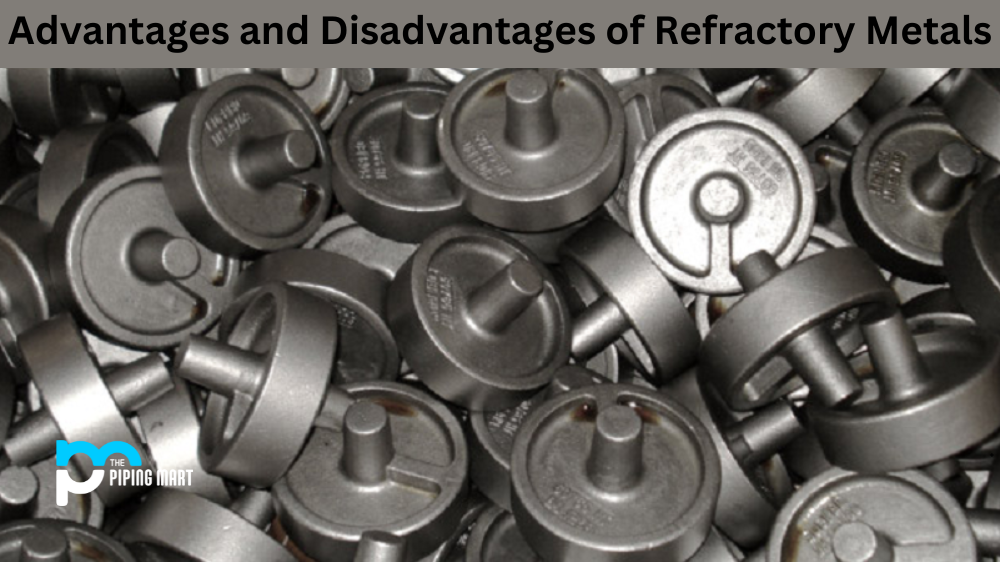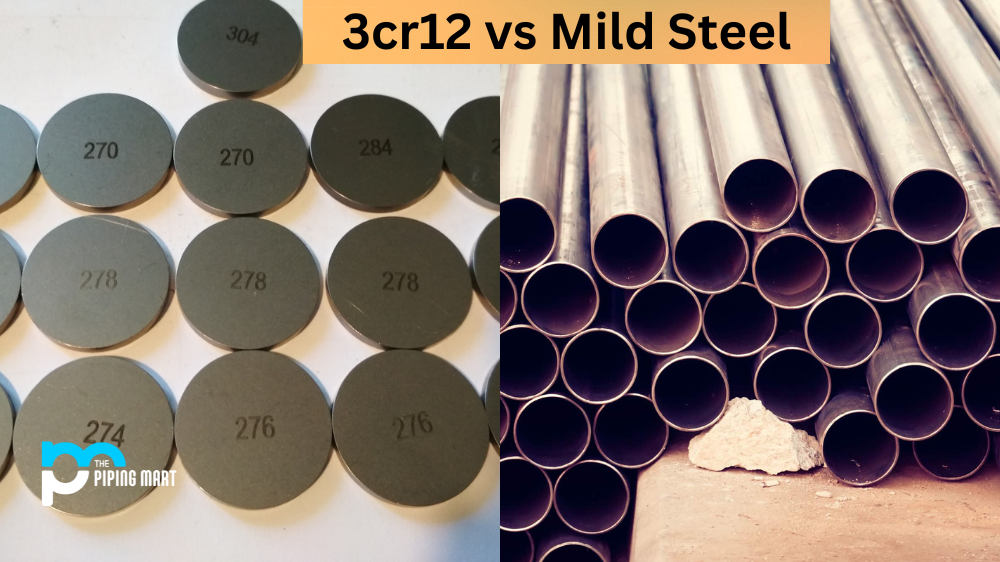Refractory metals are a group of metals that have high melting points and are resistant to corrosion, wear, and deformation. Due to their unique properties, they are used in various industries, including aerospace, electronics, and medical devices. However, these metals also have disadvantages that must be considered when choosing them for a particular application. In this blog post, we will discuss the advantages and disadvantages of refractory metals to help you make an informed decision.
Advantages of Refractory Metals
High melting point
Refractory metals have high melting points, which makes them ideal for high-temperature applications. Tungsten, for example, has a melting point of over 3400°C, making it suitable for use in furnaces, heating elements, and other high-temperature equipment.
Corrosion resistance
Refractory metals resist corrosion and wear, making them ideal for use in harsh environments. For example, molybdenum can withstand corrosive substances, making it an excellent choice in the chemical and pharmaceutical industries.
High strength
Refractory metals have high power and withstand high stresses and pressures. They are often used in aerospace and defence applications where strength and durability are critical.
Electrical conductivity
Some refractory metals, such as tungsten, have high electrical conductivity, making them useful in electronic devices.
Disadvantages of Refractory Metals
High cost
Refractory metals are expensive to produce, mainly due to their high melting point and rarity. This makes them unsuitable for some applications where cost is a significant factor.
Brittle
Some refractory metals, such as tungsten and tantalum, are brittle and difficult to machine. This can make it challenging to produce complex shapes and designs.
Heavy
Refractory metals are dense and heavy, making them unsuitable for some applications where weight is a significant concern.
Toxicity
Some refractory metals, such as beryllium, can be toxic when inhaled. This makes them unsuitable for some applications where human exposure is a concern.
Conclusion:
In conclusion, refractory metals have unique properties ideal for various applications. They have high melting points, corrosion resistance, strength, and electrical conductivity. However, they also have disadvantages, such as high cost, brittleness, heaviness, and toxicity. Therefore, when choosing a refractory metal for a particular application, carefully weigh the advantages and disadvantages to ensure that you select the most appropriate material.

Abhishek is a seasoned blogger and industry expert, sharing his insights and knowledge on various topics. With his research, Abhishek offers valuable insights and tips for professionals and enthusiasts. Follow him for expert advice on the latest trends and developments in the metal industry.




